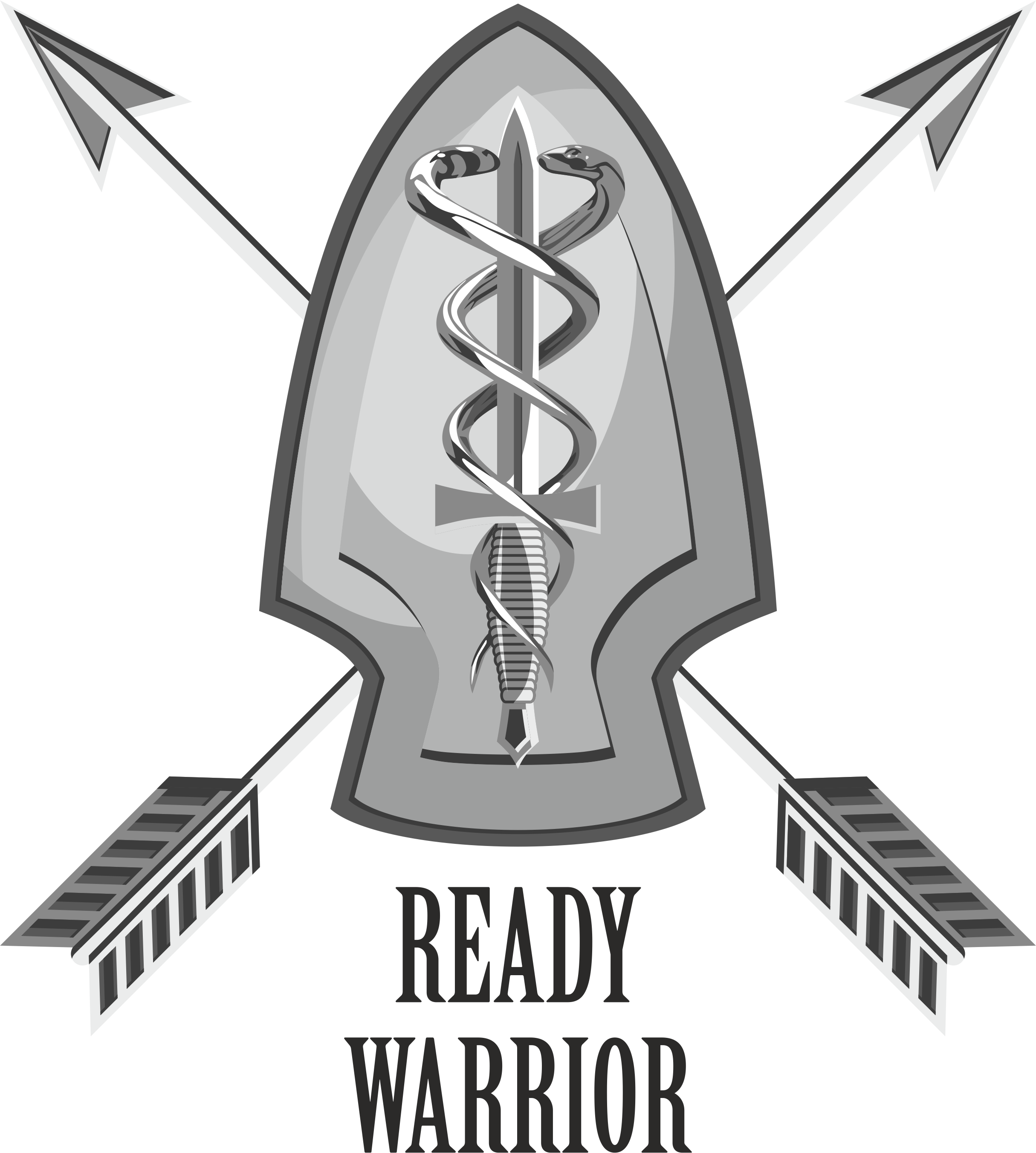I let a man die.
I was not yet a Green Beret Medic, nor was I a licensed medical professional, but I was directly responsible for a young man’s death. I was a junior in college, going for a run near Lake Shore Drive during the spring when I heard the unmistakable sound of an accident occurring near me.
A few hundred yards ahead of me, a small group of people began quickly moving towards what appeared to be the scene of the accident. My heart sank as I saw that the majority of the crowd now stood over a man who had been thrown off his motorcycle and laid in the grass nearly 50 feet from where is bike rested.
This young man, not yet unconscious but clearly in trouble and not understanding what had happened to him, laid half on his side, staring at his profusely bleeding arm, which had been nearly torn off in the accident. Both his legs lay at a funny angle, and his hair was matted in bright blood. Someone in the crowd said to no one in particular that they had called 9-1-1. As the group listened for the sounds of the sirens to let us know that help was on the way, we offered nothing in the way of assistance except silent hope and wordless prayers. A number of minutes later, the ambulance arrived and the EMT’s began working on him. I remember that he was still breathing at the time the EMT’s arrived, and continued my run confident that everything would be okay. I didn't know what the Bystander Effect was at the time, but looking back on it, not one of us moved an inch to actually help that guy.
The next day, I read that the accident I had witnessed the previous day resulted in the death of a motorcyclist. While it was a collective failure on the part of the entire group that had gathered around him to either be unwilling or unable to offer assistance, I felt personally responsible. The week prior, a friend who volunteered as a firefighter in Chicago had offered me a chance to take a first-responders course that Saturday, free of charge, at his firehouse. It being college, I had decided that partying and drinking were more important than getting up early, and had ridiculed him for even asking. 8 hours of learning how to stop bleeds, assist with breathing, and recognize the seriousness of injuries.
I stood by almost exactly one week later and watched a man presumably bleed to death because I chose to drink rather than learn. I chose to spend Saturday hung over rather than learn exactly the type of emergency interventions that could have saved a man’s life. I didn’t just let a man die, my selfishness killed him.
If you'd like to learn more about ways to save a life and gets the basics on trauma medicine, please visit the following links to help get you started. We've compiled a database below so you can hopefully find some training in your area. At the end of the day, what we ultimately want is for people to not let what happened to me happen to anyone else.
https://readywarriorllc.com/blogs/battlefield-medicine/finding-the-right-medical-training-course
We also have guides available that can help walk you through the steps.
our  walks you through the steps of both HOW to conduct first-aid and the correct ORDER to do it in.
walks you through the steps of both HOW to conduct first-aid and the correct ORDER to do it in.
Our Medical Kit Quick Reference Guide helps walk you through the medical gear you may already own to properly place a tourniquet, pack a wound, place a sling, etc.!
Need a Med Kit, a tourniquet, or want to see our other guides? visit us at our homepage and explore our other options!
www.readywarriorllc.com



Comments
I get it, man. People will say not to blame yourself, but if you don’t, then you push the responsibility to improve onto someone else. You wrote this well. I’ve been there. You obviously didn’t let it eat you up, you learned from it. Great example. Prepare for any old thing and act. If you encounter something you weren’t prepared for, learn from it. Thanks for sharing this.
You can’t blame yourself for inaction when you’re an untrained young man. You could’ve taken the course, still might not have had any bearing on the mans mortality. Could’ve froze up, his injuries could’ve been too far gone. You cant “what if” things, cause it’ll drive you insane. When I was Mil and LEO, I used to think I could’ve done something more when someone was dying, then I became an EMT-P and worked the truck, and I would think “I could’ve done more, its my fault they died”. It wasn’t until I left the truck and got on the trauma team at a Tier 1 trauma center that I realized that sometimes you can do everything perfectly, give them the best chance for survival, and people still die.
I guess what I’m really driving at is, deliberate inaction or purposefully omitting a lifesaving intervention, that should haunt you, but you can’t get hung up on the things you cant change.
Just one man’s opinion, and opinions are like assholes. Everyone’s got one and they usually stink.